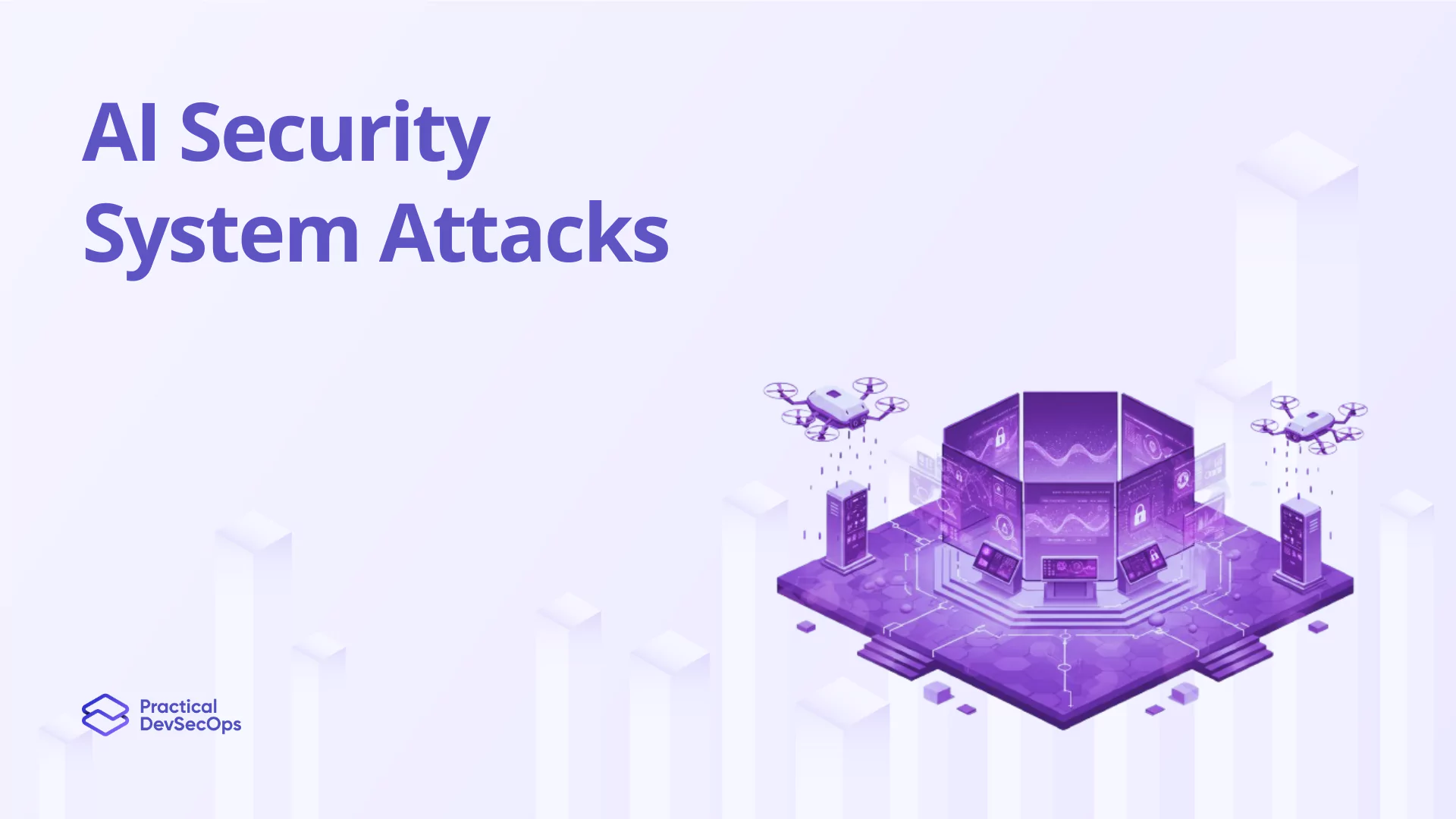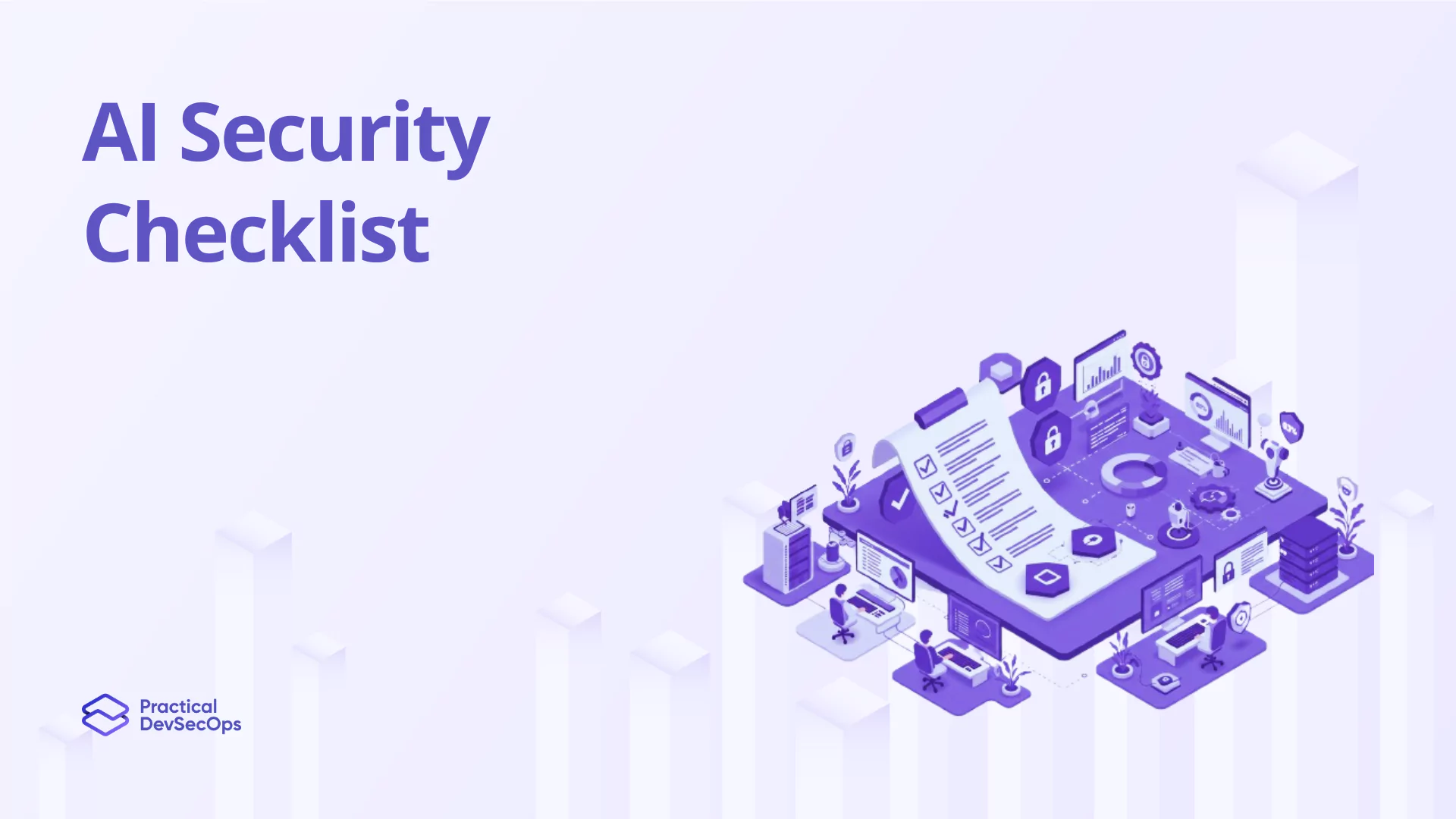Artificial Intelligence (AI) is changing the landscape of industries across the board, reshaping our world faster than we ever imagined.
But with this rapid advancement comes a hefty responsibility. As AI systems become more complex and woven into essential areas like healthcare and national security, ensuring their security becomes critical.
This is where AI security professionals step in — the unsung heroes working tirelessly to shield AI from threats, errors, and ethical dilemmas.
In this blog, we’ll explore the vital role AI security professionals play, what it takes to succeed in this evolving field, and how you can embark on a rewarding career in AI security.
The Importance of AI Security
Before we dive into the responsibilities of AI security professionals, it’s crucial to understand why their work is so essential. AI systems are becoming increasingly powerful, using massive datasets and machine learning to make decisions in high-stakes areas such as finance and transportation. If these systems are left vulnerable — or worse, biased — the consequences could be catastrophic.
Here are some sobering numbers to consider:
- According to the Ponemon Institute, the average cost of a data breach in the U.S. hit $9.44 million in 2022, and AI systems are becoming prime targets for cybercriminals.
- A Deloitte survey found that just half of organizations have a formal AI governance framework, leaving many systems open to attack or misuse.
- IBM reports that 65% of companies lack the skills and knowledge needed to adequately secure their AI systems.
These figures highlight just how important AI security is and why AI security professionals are crucial in safeguarding the future of this technology.
AI security professionals wear many hats and have diverse responsibilities. Here are a few of the most critical roles they play:
1. Protecting AI Systems and Data
At the heart of their work is the protection of AI systems and the data they depend on. This involves:
- Implementing strong access controls and authentication.
- Encrypting sensitive data at all stages — whether it’s at rest or in transit.
- Monitoring AI systems around the clock to catch potential breaches and vulnerabilities.
- Conducting regular security audits and penetration tests to find and fix weaknesses.
They collaborate closely with data scientists, engineers, and IT teams to make sure security isn’t an afterthought but a foundational part of AI system design.
2. Tackling AI-Specific Risks
AI introduces a whole new set of risks beyond traditional cybersecurity challenges. AI security professionals must address these unique threats, including:
- Adversarial attacks: Hackers can manipulate input data to trick AI systems into making wrong decisions.
- Model poisoning: Attackers can tamper with training data, undermining the integrity of AI models.
- Privacy concerns: AI systems could unintentionally expose sensitive information about individuals whose data is used in model training.
To counter these threats, security pros employ cutting-edge techniques like adversarial training and differential privacy.
3. Championing Ethical and Responsible AI
Another crucial responsibility is ensuring that AI is used ethically. AI security professionals help:
- Identify and reduce biases in AI models that could lead to unfair or discriminatory outcomes.
- Make AI systems more transparent and explainable, so their decisions can be audited.
- Develop governance frameworks to guide organizations toward ethical AI use.
By keeping ethics at the forefront, these professionals help build public trust in AI systems and ensure that the technology is used in a way that benefits society.
4. Incident Response and Forensics
Even with the best defenses in place, security breaches can still happen. When they do, AI security professionals are on the front lines, managing the fallout and conducting investigations to determine what went wrong. They:
- Execute incident response plans to contain breaches and mitigate damage.
- Collect and analyze forensic data to pinpoint how the breach occurred.
- Work with legal, HR, and PR teams to manage the broader impact of incidents.
In these high-stakes situations, staying calm, thinking critically, and acting swiftly are essential traits.
The Skills You Need to Succeed in AI Security
To thrive as an AI security professional, you’ll need a mix of technical expertise, industry knowledge, and interpersonal skills. Here’s a look at some key areas:
1. Technical Expertise
- Deep knowledge of machine learning algorithms and frameworks.
- Proficiency in programming languages like Python and R.
- A strong grasp of cybersecurity principles and tools.
- Familiarity with cryptography and secure coding practices.
2. Industry Knowledge
- Understanding the specific sector (e.g., healthcare or finance) where AI is applied.
- Awareness of the relevant regulations and compliance requirements.
- Staying up-to-date with AI security best practices and research.
3. Soft Skills
- Effective communication and collaboration with diverse teams.
- Strong critical thinking and problem-solving to address complex challenges.
- Adaptability and a willingness to learn continuously.
- Ethical decision-making to navigate the moral implications of AI.
Becoming an AI Security Professional
That sounds exciting for a career in AI security, but indeed, there are various routes toward developing the needed skills and knowledge for a successful journey. One of the most effective ways will involve taking a specialized training course such as a Certified AI Security Professional, CAISP.
You will dive deep, in the CAISP program, into a variety of basic concepts in safeguarding AI systems. It covers key topics by leading Security industry experts to respond to rapid evolution in this field.
Through hands-on labs, case studies, and real-world projects, you’ll not only learn the theory but also gain valuable practical experience applying the latest AI security techniques. And, upon successfully completing the AI Security course and passing the certification exam, you’ll earn the CAISP designation—a mark of your expertise and commitment to excellence in AI security.
What you will learn from AI Security Professional Certification Course?
- You will gain knowledge about the dangers that AI supply chains pose.
- Explains to students the dangers of using publicly available datasets and models, as well as real-world circumstances.
- This CAISP course covers a wide range of subjects, including protecting AI infrastructure, model integrity, security data pipelines, and numerous frameworks.
Conclusion
The guardians of the AI revolution are AI security specialists, who put up endless effort to make sure the technology is created and applied in a responsible, ethical, and safe manner. With AI continuing to change every part of our life, there will always be a need for qualified AI security professionals.
AI security specialists have the chance to make a significant influence on the direction of technology and society by fusing their technological understanding, subject expertise, and dedication to ethics.
A career in AI security offers countless prospects for growth, challenge, and fulfillment, regardless of your level of expertise in AI security and you should only have the desire to specialize in AI.
If ready to progress further in the AI security journey, then consider enrolling in the CAISP course. Join the ranks of professionals safeguarding the future of Artificial Intelligence.
Frequently Asked Questions
What is the job outlook for AI security professionals?
According to the U.S. Bureau of Labor Statistics, employment of information security analysts, which includes AI security professionals, is projected to grow 35% from 2021 to 2031, much faster than the average for all occupations. The increasing adoption of AI across industries and the growing complexity of AI security threats are driving strong demand for skilled professionals in this field.
What are the potential career paths for AI security professionals?
AI security professionals can pursue a variety of career paths depending on their interests and skills. Some common roles include:
- AI Security Engineer: Responsible for designing, implementing, and maintaining secure AI systems
- AI Security Analyst: Focuses on identifying and mitigating AI-specific risks and vulnerabilities
- AI Security Architect: Develops overall AI security strategies and governance frameworks
- AI Security Consultant: Provides expert advice and guidance to organizations on AI security best practices
- AI Security Researcher: Conducts advanced research on emerging AI security threats and countermeasures
How can organizations benefit from investing in AI security professionals?
Investing in AI security professionals can help organizations:
- Protect sensitive data and intellectual property from theft or misuse
- Prevent reputational damage and financial losses from AI security breaches
- Ensure compliance with legal and regulatory requirements related to AI and data privacy
- Foster trust and confidence among customers, partners, and stakeholders in the organization’s AI systems
- Develop and deploy AI systems that are secure, ethical, and aligned with the organization’s values and goals.
What are some of the most significant AI security incidents in recent years?
Some notable AI security incidents include:
- In 2016, Microsoft’s AI chatbot Tay was manipulated by users to make racist and inflammatory statements within 24 hours of its launch, forcing the company to shut it down.
- In 2019, researchers demonstrated that Tesla’s autopilot system could be tricked into driving into oncoming traffic by placing stickers on the road.
Cambridge Analytica Scandal (2018)
- Incident: Although not purely an AI incident, the Cambridge Analytica scandal involved the misuse of AI-driven data analytics to manipulate voter behavior in the 2016 U.S. presidential election and the Brexit referendum.
- Impact: The incident highlighted the potential for AI and data analytics to be used in ways that undermine democratic processes and privacy, leading to increased calls for regulation.
AI Bias and Discrimination Incidents
- Incident: Multiple instances of AI systems exhibiting bias and discrimination have been reported, such as biased hiring algorithms, facial recognition systems misidentifying people of color, and predictive policing algorithms disproportionately targeting minority communities.
- Impact: These incidents have brought attention to the importance of fairness, transparency, and accountability in AI systems, leading to increased focus on ethical AI development.
These incidents underscore the critical importance of AI security and the need for skilled professionals to prevent and mitigate such risks.







0 Comments